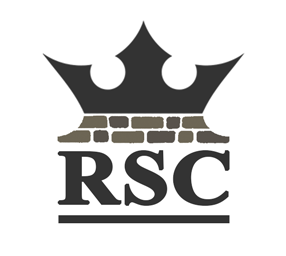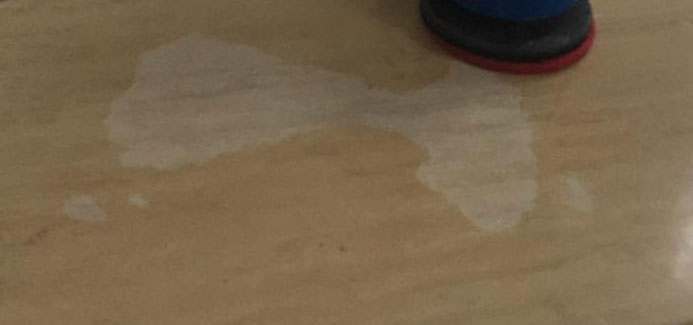It’s that time of year again when you may be considering a deep or spring clean of your kitchen. And while that’s an excellent idea, if you’re scouring the internet for ‘cleaning hacks’ it’s worth appreciating that some home-made remedies can end up doing more harm than good.
That’s especially the case where a sensitive natural stone like limestone is involved. So while you may read about miraculous concoctions of soda crystals, vinegar and lemon, always proceed with caution.
How limestone reacts to different pH levels
If you take vinegar and lemon as examples, limestone is very sensitive to both alkaline and acidic substances coming into contact with it. Vinegar and lemon are both highly acidic, while something like soda has high alkaline levels.
Any of the above-mentioned substances can damage limestone surfaces, including worktops, tiles and floors. At the same time, any protective sealant will also be affected.
That makes it important to clean with a product which is pH-neutral.
Know your pH scale
Before you buy any cleaning product, have the pH scale in mind. This runs from 0 to 14, with 7 considered neutral and therefore safe to use on any surface, including limestone.
Acidic solutions tend to be used to remove calcium, rust and similar mineral stains. Lemon and vinegar have a pH level of around 3, while something like loo cleaner is highly acidic, lying between 1 and 3 on the scale.
For their part, many tile cleaners and most bleaches score 11-13 at the alkaline end of the scale. People most commonly use these to shift ‘organic’ dirt including oil and grease.
Bigger isn’t better
It can be a common misconception to think that an additional dosage of the ‘right’ product will do a better job. However, this can cause more problems than it solves. Less dilution can mean you need to rinse your limestone. Otherwise, a residue may leave a film on the stone’s surface. This may make cleaning harder in the future.
Read the small print
Even products which claim to be free from toxins can damage natural products like limestone. While it may sound obvious, that’s easy to forget. So read the label carefully. For example, an anti-bac all-purpose cleaner may not be right for limestone because of its acid content. Always look at the small print before doing anything else.
Get in touch
At Royal Stone Care, we’re the London-based limestone experts. Talk to us about limestone care, limestone cleaning and limestone repair in London for your home or business. We have the expertise, staff and equipment to do an outstanding job, every time.

